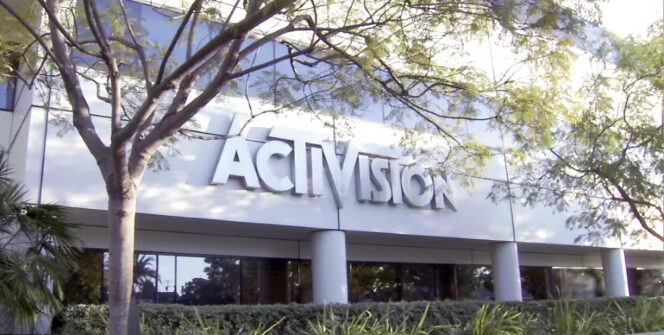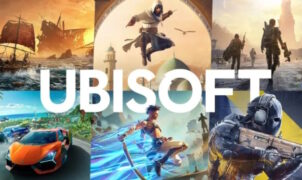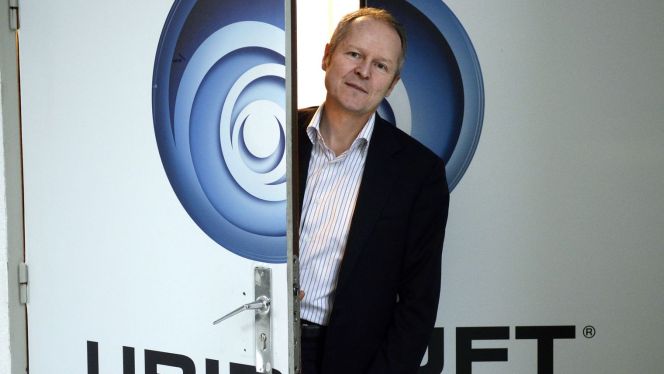Despite the Redmond-based company’s efforts (yesterday, we wrote about Microsoft’s spat with Nvidia and Nintendo…), this $68.7 billion deal is not that simple.
If Microsoft were to own the Activision Blizzard King, the company would not only be at the top of the games industry, Call of Duty would make them dominant in AAA online shooters, and World of Warcraft would put the tech giant at the forefront of MMOs. IIGN has contacted several experts and analysts about the US Federal Trade Commission’s (FTC) antitrust suit against Microsoft on the grounds mentioned at the beginning of the paragraph: narrowly defined “relevant markets.” Can the transaction get past the FTC?
According to Sam Castree of Sam Castree Law, yes, but it’s the idea of “relevant markets” that will cause the FTC’s lawsuit to fail: “I think that the FTC’s plan to define a bunch of hyper-specific sub-markets within the gaming sector is just plain incorrect, and I was struck by several iffy to inaccurate statements in their complaint. I don’t think, for example, that cloud gaming subscription services are a relevant market. Nintendo Switch might have a different price and technical specs than Xbox, but Switch isn’t in a different market. Switch, mobile, and PC are all relevant competitors and alternatives to Xbox and PlayStation.”
Another lawyer, Mark A. Lemley, says the exclusivity issue will derail Microsoft’s deal: “I think the big underlying question is interoperability. Microsoft’s competitors are worried that if it buys a big maker of games that are playable across platforms, they will release future games just for the Xbox (or maybe Xbox + PC). I think that is a real risk. I think the FTC has a strong case that interoperability is important and it is at risk. Microsoft has offered to make some concessions to keep certain games like Call of Duty open, but it’s unclear how enforceable those promises would be. Previous experience with conduct-related promises suggests they aren’t a good substitute for structural merger remedies.”
Lemley has to be correct: after the acquisition of ZeniMax Media, the already announced Starfield didn’t have any target platforms. It was eventually announced for Xbox Series and PC only. Experts agree that the process will not be completed by the original target date (July). After the lawsuit’s outcome, the losing party could appeal to the committee members, which could go up to the US Supreme Court. Since these proceedings could take years, it may not come together as Microsoft wants, and since UK and EU regulators will have to approve the deal, there is little chance of that happening.
David Hoppe of Gamma Law says the costs and uncertainty behind closing the deal could be so significant that Microsoft could call the whole thing off and pay up instead. The other option could be the break-up of Activision Blizzard King: although giving up Call of Duty is out of the question according to Microsoft, SuperData CEO Joost van Dreunen says that spinning off Blizzard from the publishing conglomerate could be a solution: “Spinning off Blizzard would directly speak to reasonably diminishing Microsoft’s ability to leverage content to build its cloud ecosystem, especially because its biggest money-maker, World of Warcraft, is exclusively on PC. It will also allow Microsoft to push into mobile where, as I’ve argued previously, it will bring some much-needed competition.”
Interesting thoughts…
Source: WCCFTech















Leave a Reply